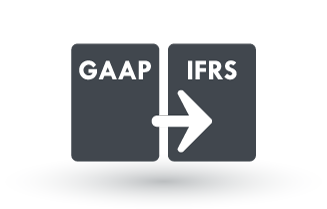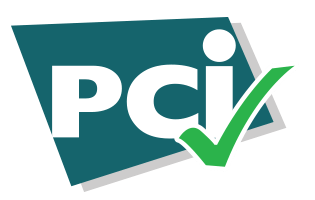(1) “Bank” means an Administrator that engaged in the business of banking, including third party savings bank, savings and loan association, credit union, or trust company.
(2) “Depositary bank” means Treasury Bank as custodian of an item even and also the payor bank, unless the item is presented for immediate payment over the counter;
(3) “Payor bank” means a bank that is the drawee of a draft;
(4) “Intermediary bank” means an accountholder bank to which an item is transferred in course of collection except Treasury Bank as depositary or payor bank;
(5) “Collecting bank” means an accountholder bank that handles an item for collection except the payor bank;
(6) “Presenting bank” means accountholders banks presenting an item except a payor bank.
(1) “Account” means any deposit or credit account with a bank , including a demand, time, savings, passbook, share draft, or like account, other than an account evidenced by a certificate of deposit;
(7) Accountholder means a person having an account with a bank or for whom a bank has agreed to collect items, including a bank that maintains an account at another bank;
(8) Administrators
4) “Clearing house” means an association of banks or other payors regularly clearing items;
(6) “Documentary draft” means a draft to be presented for acceptance or payment if specified documents, certificated securities (Section 8-102) or instructions for uncertificated securities (Section 8-102), or other certificates, statements, or the like are to be received by the drawee or other payor before acceptance or payment of the draft;
(7) “Draft” means a draft as defined in Section 3-104 or an item, other than an instrument, that is an order.
(8) “Drawee” means a person ordered in a draft to make payment.
(9) “Item” means an instrument or a promise or order to pay money handled by a bank for collection or payment. The term does not include a payment order governed by UCC 4A or a credit or debit card slip;
(11) “Settle” means to pay in cash, by clearing-house, in a charge or credit or by remittance, or otherwise as agreed. A settlement may be either provisional or final.
(12) “Suspends payments” with respect to a bank means that it has been closed by order of the supervisory authorities, that a public officer has been appointed to take it over, or that it ceases or refuses to make payments in the ordinary course of business.
Payment systems means a system of tendering cash in domestic and international transactions. This consists of a major service provided by treasury banks and other financial institutions. This includes negotiable instruments such as bonds, invoice, notes, IOUs, drafts (e.g., cheques) and documentary credits such as letters of credit.
All of these are used to settle financial transactions through the transfer of monetary value. This includes the institutions, payment instruments such as payment cards, people, rules, procedures, standards, and technologies that make its exchange possible. A payment system is an operational network which links bank accounts and provides for monetary exchange using bank deposits. Some payment systems also include credit mechanisms, which are essentially a different aspect of payment.




